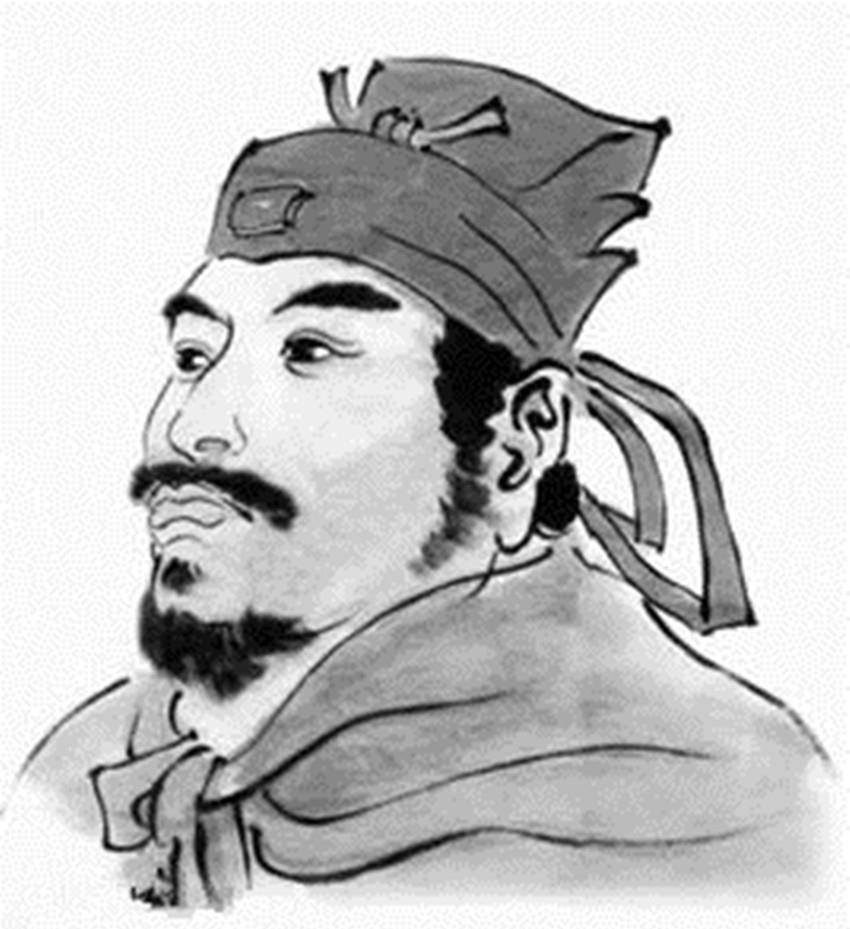Criminal law has existed since ancient times, and it is a means of punishing crimes and a deterrent to violations of law and discipline. Since the "five punishments" of the Xia and Shang dynasties, criminal law has continued to evolve with the development of society. In the Song, Liao, Jin, and Yuan dynasties a thousand years ago, China invented a kind of humiliating punishment that completely subverted the concept of human death, and since then the death penalty has become very terrible, making people die painfully and without dignity.
This kind of humiliation is called "Ling Chi", and the reason why it is called "humiliation" is because this kind of criminal law is extremely humiliating, it not only deprives people of their lives, but also destroys the spirit and body, making people lose everything.
Before the Song Liaojin, a death sentence similar to Ling Chi had already appeared, but it was not officially recognized, was not included in the code, and was a lynching. In the history books, the word "磔", which is a method of splitting animals during sacrifice, was later changed to lynching, and all similar criminal laws are inspired by this criminal law.

In the Tang Dynasty army, there was "slaughter", this kind of criminal law was close to Ling Chi, and Yan Gaoqing died of this criminal law. Niu Xiantong also died of this criminal law, the Old Book of Tang: "For a few days of thinking about the binding frame, he probed his heart, cut off his hands and feet, and cut off his flesh." ”
In the Tang Dynasty, there was also a kind of torture, chen Shuozhen, the female leader of the rebel army and the first self-proclaimed female emperor in China, was executed by torture, which was the closest to Ling Chi's humiliation.
Ling Chi officially became a statutory criminal law during the Song and Liaojin dynasties. The word "Ling Chi" first appeared in the Liao Shi Criminal Law Chronicle, and its execution method was the naked punishment of the Tang Dynasty. "Ling Chi" was the first to write "Ling Chi", and said in the "Xunzi Yu Sitting": "The mountain of the Hundred Servants, let the negative car climb the Yan, what is it?" The tomb is late. "It means a hillside that gradually and slowly rises. The Liao Dynasty used it as a punishment to make people die a little slower. Shen Jiaben's "Examination of Criminal Law in Past Dynasties": "The murderer wants his death without speed, so he also takes the meaning of gradual inferiority." ”
Beginning with the Liao Dynasty more than a thousand years ago, Ling Chi entered the code, and the death penalty became extremely terrible. The Song Dynasty also included Ling Chi in the Criminal Law, song shi criminal law zhi i: "Ling chi, first cut off its branches, but to make a decision, the extreme law at that time." "Tong Kao Penal Examination": "Ling Chi's law, before Zhaoling, although the murderous thieves did not try to use it lightly, Xi Fengjian was prosperous in prison, and those who spoke in a rebellious manner were all punished by this punishment." In the Southern Song Dynasty, the Qingyuan Articles of Law explicitly listed Ling Chi and beheading and hanging together as the names of the death penalty.
From the beginning of the Yuan Dynasty, "Ling Chi" was written as "Ling Chi", and the Ming and Qing dynasties were therefore the result. "Draft History of the Qing Dynasty: Biography of the Kings VI Yunyu": "Zhang Mingde sat on Ling Chi and was executed. "Because Ling Chi had to strip naked and cut a small piece of land, it was also called cutting, cutting, inching, etc., which was a very cruel and humiliating punishment.
The Ming Dynasty and the Qing Dynasty used the Ling Chi Criminal Law the most, liu Jin and Yuan Chonghuan of the Ming Dynasty all died in Chi Ling, and the number of knives had specific regulations, up to 3357 knives, but in fact there were more cuts.
The Qing Dynasty executed the generals of the Taiping Army and the leaders of the rebel army, both men and women, using Ling Chi. Shi Dakai of the Taiping Army was executed by Ling Chi at the North Campus of Chengdu Province, after which the Qing army ate his flesh. Lin Fengxiang was lingchi at the mouth of The Caishikou in Beijing, and 16 executioners were cut during the execution, and he did not cry out until his death. Zhou Xiuying, the female leader of the Knife Society, was sacrificed alive for two days and was very cruel. In 1905, when the Qing Dynasty revised the Current Laws of the Great Qing Dynasty, it officially abolished the punishment of Ling Chi.